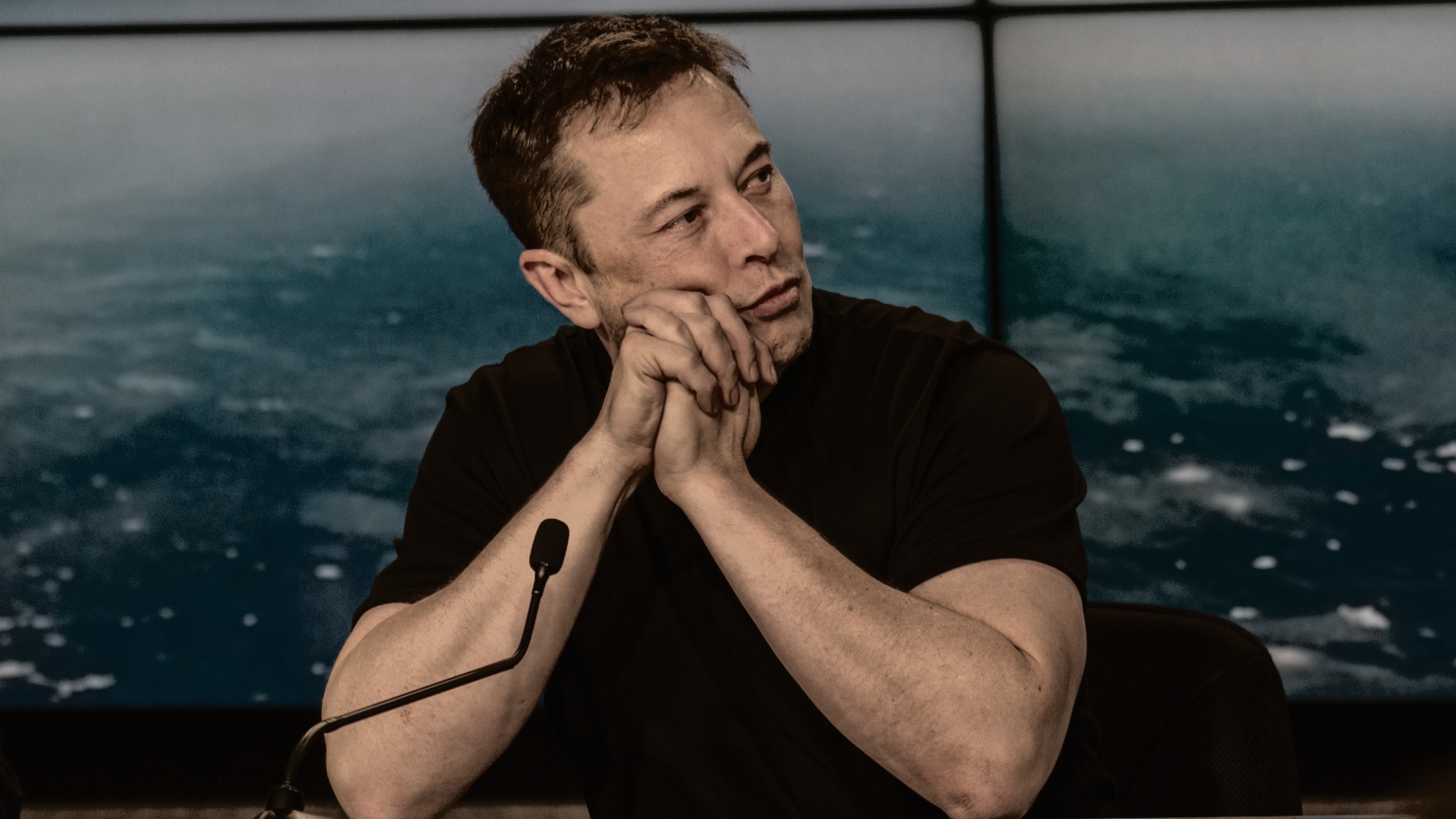“Patents are for the weak” retorted Elon Musk to veteran broadcaster Jay Leno while giving him a tour of SpaceX. Leno, during the latest episode of ‘Garage’, had asked Musk if he had patented his engines, which the world’s richest person described as “the most advanced ever made”.
Musk went further still on intellectual property, adding patents “don’t actually help advance things, they just stop others from following you”. There’s a touch of hypocrisy here given the patent portfolios Musk has amassed for Hyperloop and Tesla.
He’s also wrong.
It’s easy for Musk to dismiss the value of patents. The man and his money have established a dominant position in the space engineering sector, faced with little competition, where exclusion from the market is the absence of funding rather than patent thickets.
However, if you’re a founder of a tech startup looking for funding, it’s a fundamentally different story and it isn’t what you believe in – it’s what others believe in that counts.
The danger of drinking Musk Kool-Aid
Think about it this way. IP protection and patents should be considered from the well-established maxim that ‘the customer is always right’. Often, founders will determine what technology customers need, develop it, make it, and then sell the technology to those customers.
This same logic applies to seeking investment: investors will want certainty around the protection enjoyed by innovation that they’re committing to. A successful exit is likely to turn on having IP. If you’re a founder that approaches an investor without a sensible IP strategy in place, this restricts your ability to play the long game to reach a successful exit and limits your potential pool of investors along that path. Patents may well be the answer and that is not a sign of weakness.
After all, if an investor is pouring millions into your company, it only makes sense that they’d expect the innovation to be protected. It’s not just a game either. Many economists believe that between 80% and 90% of a company’s value lies in its IP – from this figure alone, it’s already obvious that patents aren’t for the weak – they’re for the investment-savvy.
Patents: the difference between losing and securing investment
Funding a startup tends to begin with founders asking friends and family for money until they eventually have to approach professional investors, who will most likely employ an IP lawyer to conduct IP due diligence.
Most tech investors insist on having a cohesive IP strategy, to provide a degree of exclusivity, and to support valuation on exit. They don’t want to fund R&D just for the sake of it – there is no money in that!
Some founders see patents to be an expensive internal distraction and a game that has to be played out to some extent to appease their investors. However, this is a total fallacy. In many cases patents are ultimately where your value as a company lies, or at least that’s what the investor or any potential acquirer will believe. The time spent investing in a robust patent strategy from the beginning will see a return on that investment later.
Patents as a competitive advantage
Filing a patent application isn’t always straightforward. Often, founders run the risk of filing too early to satisfy due diligence demands, despite certain ideas and innovations not being fully developed.
There’s also the case for trade secrets when it comes to developing a robust IP position. This is why it’s vital for founders to keep their powder dry, and their options open, until they’re ready to file a patent application – and only file if it is the right thing to do. The use of trade secret protection instead of a patent isn’t a weakness either.
Timing is everything, and for a patent to present a true competitive advantage, founders must consider three questions: what’s the innovation? What’s the best way to protect it? When should we act? These questions are becoming increasingly important in the increasingly competitive funding environment where investors are doing more focused due diligence and becoming pickier.
These issues don’t concern Musk; he has his huge pool of privately funded investment on tap. However, more traditional startup founders must come armed with their competitive advantage, which more often than not lies in a protected idea and commerical IP strategy.
Peter Finnie is partner and patent attorney at IP law firm Potter Clarkson.
Image credit: Daniel Oberhaus (2018) via Flickr.
The post Elon Musk is wrong about patents. Here’s why IP isn’t ‘for the weak’ appeared first on UKTN | UK Tech News.


